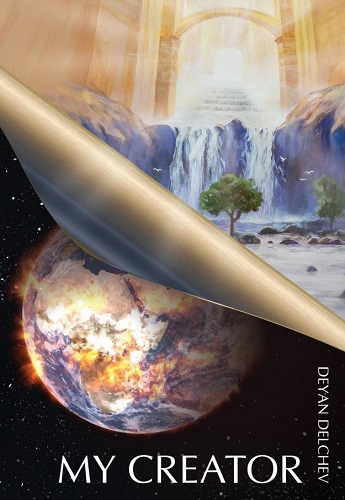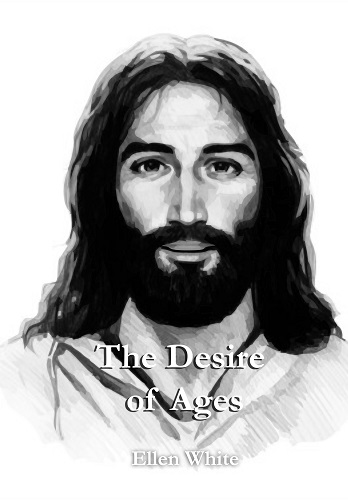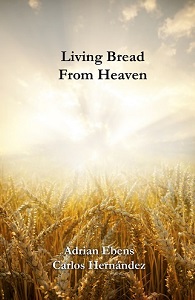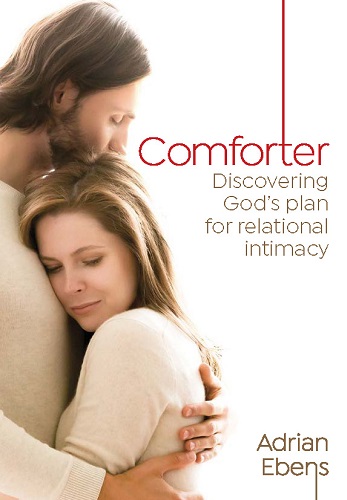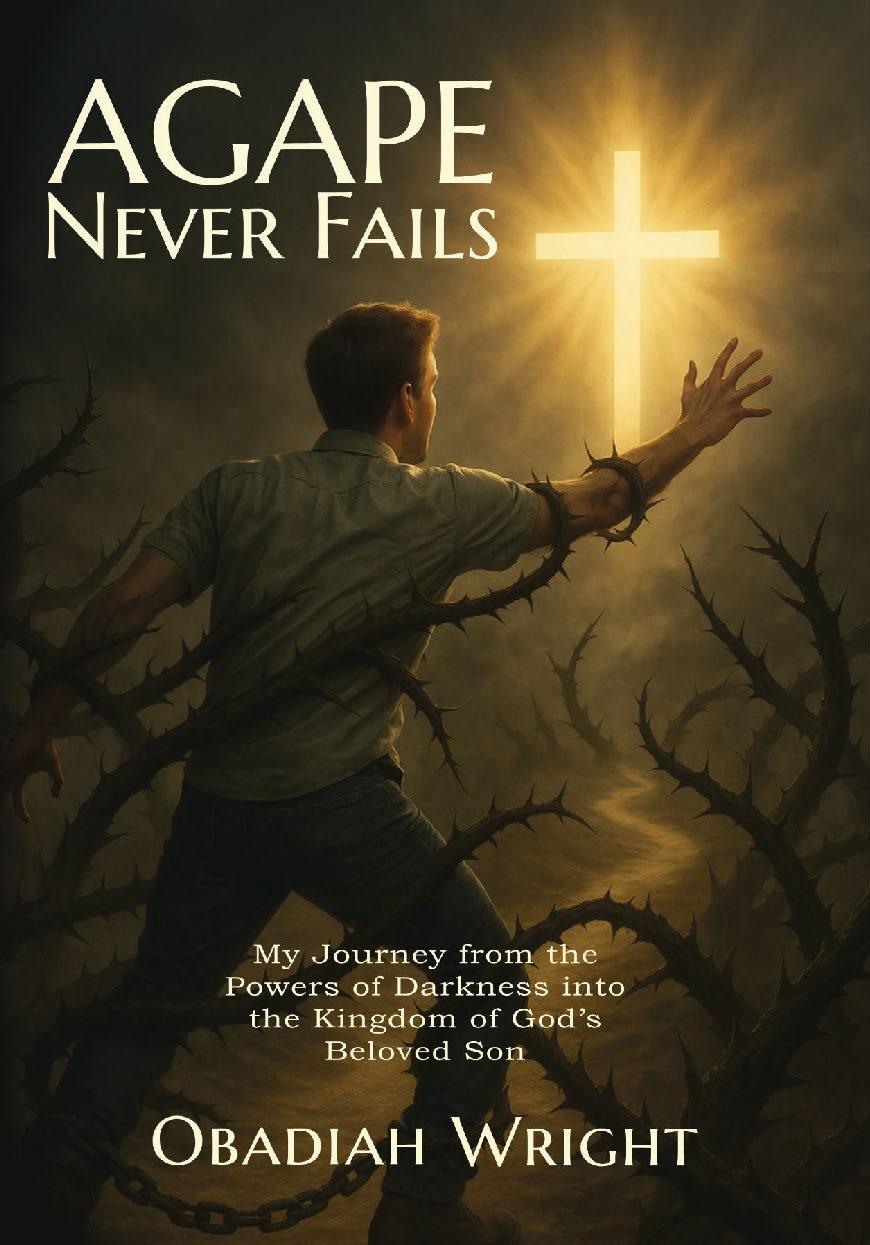The Self-same Day - Passover and the Counsel of Peace
![]() This morning I was pondering the significance of these verses in Exodus 12
This morning I was pondering the significance of these verses in Exodus 12
Exo 12:41 And it came to pass at the end of the four hundred and thirty years, even the selfsame day it came to pass, that all the hosts of the LORD went out from the land of Egypt.
Exo 12:51 And it came to pass the selfsame day, that the LORD did bring the children of Israel out of the land of Egypt by their armies.
Why does Scripture take the time to establish this matter by stating it twice? Israel left Egypt on the self-same day. Obviously the question is which self-same day?
But like the stars in the vast circuit of their appointed path, God's purposes know no haste and no delay. Through the symbols of the great darkness and the smoking furnace, God had revealed to Abraham the bondage of Israel in Egypt, and had declared that the time of their sojourning should be four hundred years. "Afterward," He said, "shall they come out with great substance." Genesis 15:14. Against that word, all the power of Pharaoh's proud empire battled in vain. On "the self-same day" appointed in the divine promise, "it came to pass, that all the hosts of the Lord went out from the land of Egypt." So in heaven's council the hour for the coming of Christ had been determined. When the great clock of time pointed to that hour, Jesus was born in Bethlehem. {Mar 9.3} Exodus 12:41. {DA 32.1}
So four hundred and thirty years later, on the very same day in the year that God made a covenant with Abraham, the Children of Israel were released from their bondage after the death of the first born in Egypt.
The Lord established the feast of the Passover upon the very day that He made the covenant with Abraham. It was the very day that Abraham took hold of the righteousness of God by faith.
Exo 12:14 And this day shall be unto you for a memorial; and ye shall keep it a feast to the LORD throughout your generations; ye shall keep it a feast by an ordinance for ever.
Exo 12:42 It is a night to be much observed unto the LORD for bringing them out from the land of Egypt: this is that night of the LORD to be observed of all the children of Israel in their generations.
Does it make sense to place the date of the Passover on the very day in the year that God promised to Abraham that He would deliver his children?
Gen 15:13-14 And he said unto Abram, Know of a surety that thy seed shall be a stranger in a land that is not theirs, and shall serve them; and they shall afflict them four hundred years; (14) And also that nation, whom they shall serve, will I judge: and afterward shall they come out with great substance.
A number of things occurred on this day.
- Abraham believed God’s promise concerning the seed. Gen 15:6
- Abraham was promised the land to inherit it. Gen 15:7
- A sacrifice was offered dividing the animals. Gen 15:9,10
- A horror of great darkness came upon Abraham and he fell into a deep sleep. Gen 15;12
The offering of the sacrifice in the time of Abraham was a symbol of the sacrifice of Christ that would also occur upon this self-same day when the Messiah was crucified upon the cross. If God has been so precise concerning the timing when:
- God made a covenant with Abraham
- God delivered Israel from Egypt and established the Passover
- God delivered up His Son for us upon the cross
Then could this same exact timing be connected to the time when Christ became the lamb from the foundation of the world? If God wished to remember the covenant He made with Abraham 430 years later would God wish to remember the covenant of peace that He made with His Son from the foundation of the world? We know that our Father does all things decently and in order (1 Cor 14:40). He determines the times of the nations and the bounds of their habitations (Acts 17:26). Would it then be possible that God would wish to create a memorial of the time He and His Son made a covenant as He did with Abraham? When the smoking furnace (the Father) and burning lamp (The Son) passed through the divided sacrifice were they communing together in memory of the first time they decided to make this sacrifice?
Thinking a little further, if those who believe in Christ are children of Abraham would it be a good thing to remember the day when the father of faith actually expressed that faith. Certainly this would be a day worth remembering. So if the institution of the Passover occurred on the very same day that Abraham confessed his faith in God’s promise then would the Passover include that sentiment in its celebration? Could this also include a tangible memorial to the counsel of peace between Father and Son?
Zec 6:13 Even he shall build the temple of the LORD; and he shall bear the glory, and shall sit and rule upon his throne; and he shall be a priest upon his throne: and the counsel of peace shall be between them both.
In this counsel Christ was given to the Human race. His future was bound up with us.
By His life and His death, Christ has achieved even more than recovery from the ruin wrought through sin. It was Satan's purpose to bring about an eternal separation between God and man; but in Christ we become more closely united to God than if we had never fallen. In taking our nature, the Saviour has bound Himself to humanity by a tie that is never to be broken. Through the eternal ages He is linked with us. "God so loved the world, that He gave His only-begotten Son." John 3:16. He gave Him not only to bear our sins, and to die as our sacrifice; He gave Him to the fallen race. To assure us of His immutable counsel of peace, God gave His only-begotten Son to become one of the human family, forever to retain His human nature. This is the pledge that God will fulfill His word. "Unto us a child is born, unto us a son is given: and the government shall be upon His shoulder." God has adopted human nature in the person of His Son, and has carried the same into the highest heaven. It is the "Son of man" who shares the throne of the universe. It is the "Son of man" whose name shall be called, "Wonderful, Counselor, The mighty God, The everlasting Father, The Prince of Peace." Isaiah 9:6.
Is this not an event worth remembering? By remembering this occasion at a certain time in the year then even the sun, moon and stars are seen to assemble themselves in the heavens for such an occasion. Did the psalmist understand this when he wrote:
Psa 148:3 Praise ye him, sun and moon: praise him, all ye stars of light.
Do we see other evidences of a time memorial that was expanded to give greater meaning? Notice the memorial of the Sabbath. Originally this day was given to remember the creation of the heavens and the earth.
Exo 20:11 For in six days the LORD made heaven and earth, the sea, and all that in them is, and rested the seventh day: wherefore the LORD blessed the sabbath day, and hallowed it.
Yet this same day was expanded to include a memorial of Israel’s deliverance from Egypt.
Deu 5:15 And remember that thou wast a servant in the land of Egypt, and that the LORD thy God brought thee out thence through a mighty hand and by a stretched out arm: therefore the LORD thy God commanded thee to keep the sabbath day.
When Israel as a nation lost its special status at the end of the 490 years did the Sabbath lose its significance because the memorial of the deliverance from Egypt was no longer significant to Christianity? God Forbid! The original memorial of creation was not taken away by the removal of this national aspect of the Sabbath day found in Deut 5:15.
So also when:
the national festival of the Jews passed away forever, DA 652
the memorial of the covenant with Abraham on the self-same day was not removed for if we be Christ’s then are we Abraham’s seed and heirs according to the promise (Gal 3:29). Would it not be a wonderful thing when sun, moon and stars are aligned in the place they witnessed the covenant with Abraham to gather together and praise God for this covenant of peace? Would this also provide the perfect time to remember the covenant of peace when the Son of God was given to Humanity to be one with us forever? I certainly desire to remember that time. Surely we can think of this gift at any time but for this thought to be magnified in a multitude of human hearts there needs to be an appointed time to come together and celebrate. In order to do this together we need to come to the mount of the congregation not in the sides of the north as was sought by Satan but at the foot of the mountain looking up in adoration to the Father and the Son.
So even though the Passover of the Jews no longer holds significance for us as a national festival, the event concerning God’s covenant with Abraham is still very important to us for this is a memorial of the everlasting covenant.
|
Covenant |
Covenant |
Passover |
Calvary's |
^——— inner link ————^
^-——————————————— outer link —————————————^
Will you consider assembling together on the self-same day as Abraham spoke with God and received the everlasting covenant? Would this be something that is a blessing to do? I certainly look forward to the 14th day of the first month of Abib to remember this time and I also look forward to partaking of this event when Christ will drink the wine and eat the bread in our Father’s kingdom.
Mar 14:25 Verily I say unto you, I will drink no more of the fruit of the vine, until that day that I drink it new in the kingdom of God.
Could that day be the self-same day? I believe so.

